Mutant Tribe Develop Sea Nomad Gene Allowing Superhuman Diving
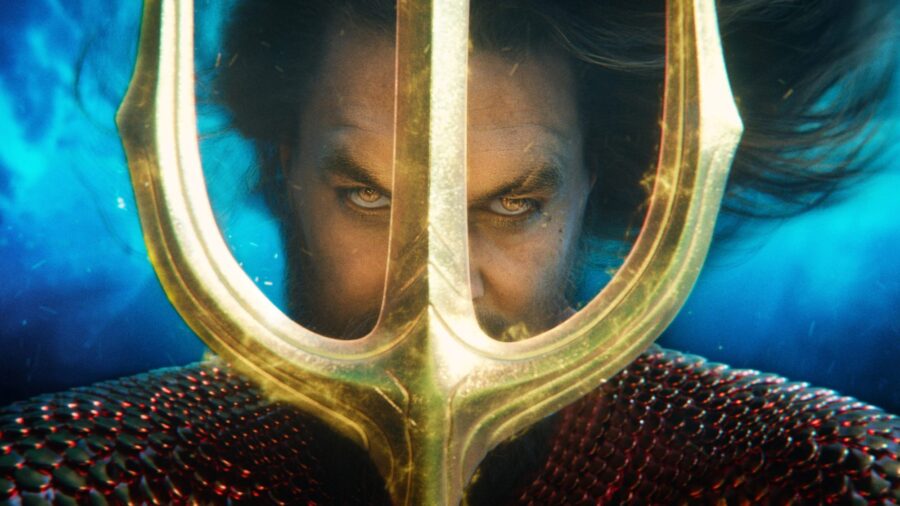
Modern civilization undeniably provides us with many advantages over the more secluded tribes of the world. Easy access to food and medicine, all of our technological advancements that make life so much easier, and shelter and security are all common for us. However, apparently there are some advantages of living on the fringes of society too, such as one mutant tribe in Indonesia that has developed the ability to dive deeper into the ocean than anyone else in the world due to mutated genes.
The Bajau
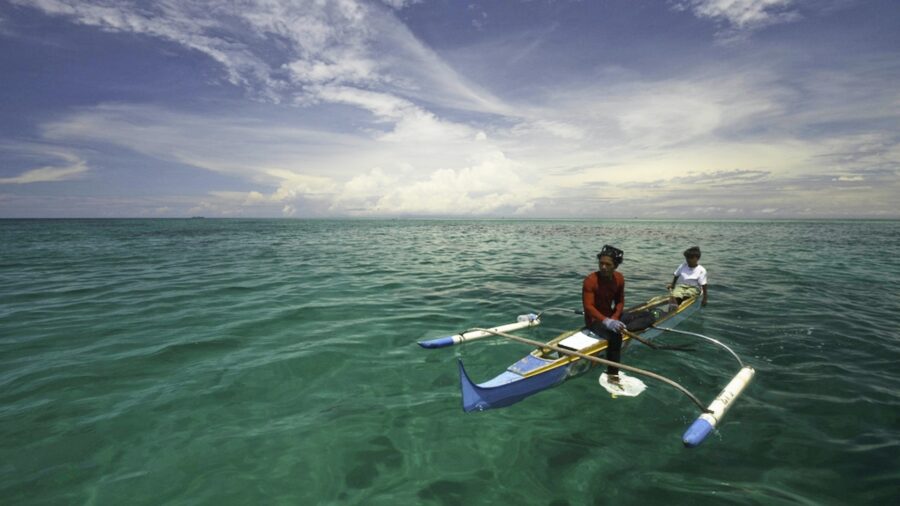
They are called the Bajau tribe and they are a group of people that is very heavily dependent on the ocean for their food. Evidently they commonly spend so much time diving into the water to hunt sea life that it has made their bodies adapt to life off land.
The mutant tribe has been found to have spleens 50 percent larger than the average human’s, and they are capable of holding their breath for around 13 minutes—despite the world record being 11 minutes for the longest known time that someone has held their breath.
They Spend A Lot Of Time In The Ocean
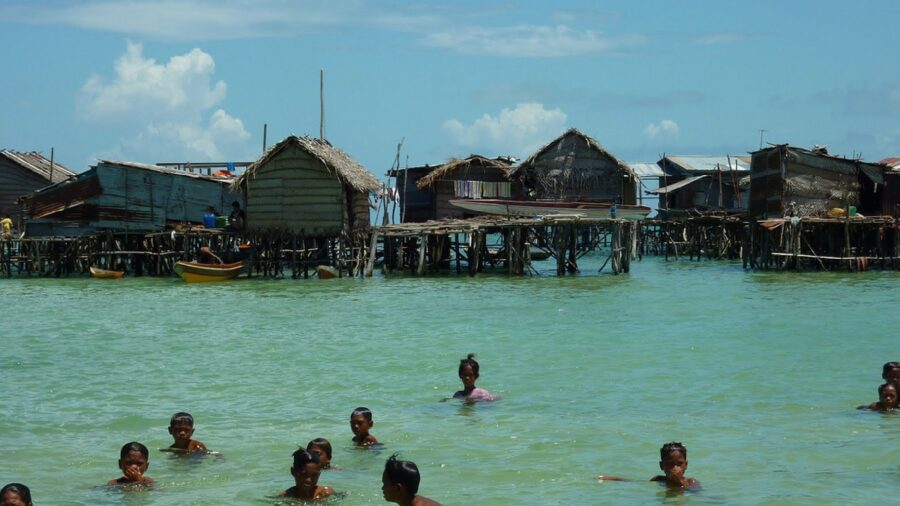
It is estimated that the Bajau spend around 60 percent of their time underwater, diving down repeatedly eight hours each day to acquire food. They even live on the water, residing in floating houseboats.
And when they do go into the ocean, they can dive down to the bottom with no scuba equipment, going 200 feet deep. This has turned the mutant tribe into a marvel in the scientific world, with researchers astounded at the evolutionary advantages the Bajau have developed.
Larger Spleens
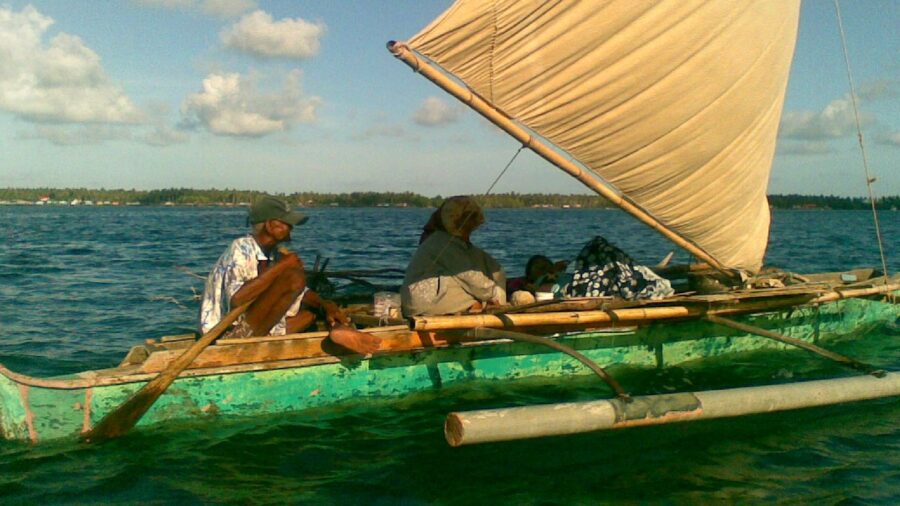
As far as how having enlarged spleens assist the Bajau, it is believed that the spleen reacts when people are underwater, contracting to send more oxygen into the bloodstream. Dr. Melissa Ilardo, of Cambridge University, commented on how this anomaly could benefit the mutant tribe.
“There’s not a lot of information out there about human spleens in terms of physiology and genetics, but we know that deep diving seals, like the Weddell seal, have disproportionately large spleens.” It seems common that those who spend more time underwater have larger spleens to accommodate.
Adaptation
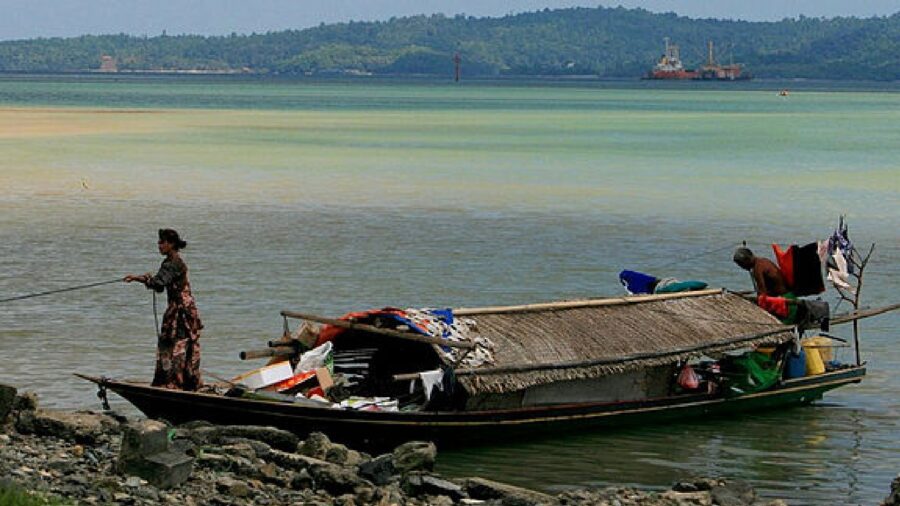
Many believed that nomadic tribes such as the Bajau merely adapted their lifestyles to their more difficult conditions. But these findings reveal that their bodies are actually physically different than that of most people on the planet.
Their genetics have adapted to their lifestyle as well, making them a true mutant tribe that is physiologically more adept at swimming and surviving in the water.
Change
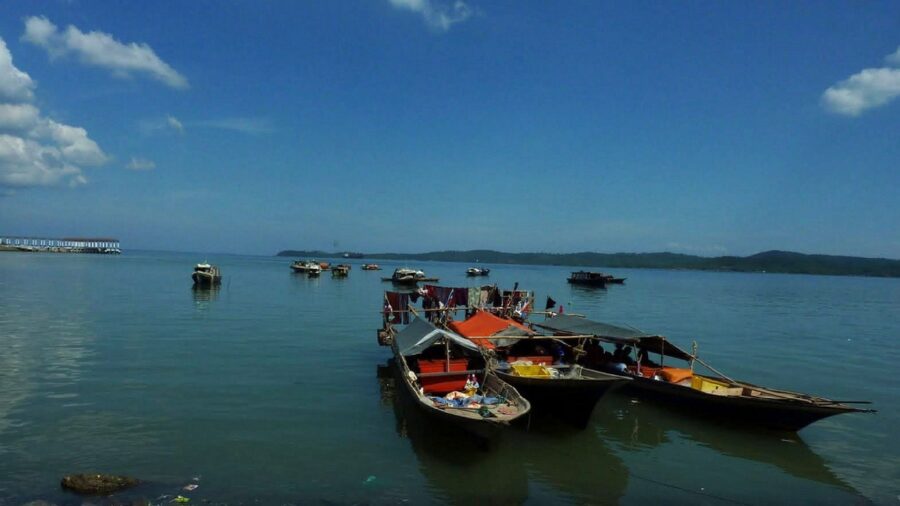
However, it should be noted that modern society’s encroaching upon the territories of the Bajau has made the mutant tribe’s life more difficult. They have found their seas depleted of fish.
This has led to some members of the Bajau shifting their lifestyles to adapt more to modern life and utilizing technology to give them a more advanced edge. When fish were plentiful, their natural abilities were sufficient. But now, the Bajau are having a harder time continuing the lifestyle of their previous generations.
It is unclear what the future will be like for the fascinating Bajau. As the world continues to expand, they will no doubt fae further challenges to continue living the life that they know.
To think that there is an entire mutant tribe of people as talented in the water as Olympian Michael Phelps is both incredible, and sad to think that their way of life is being endangered.
Source: Indy100












